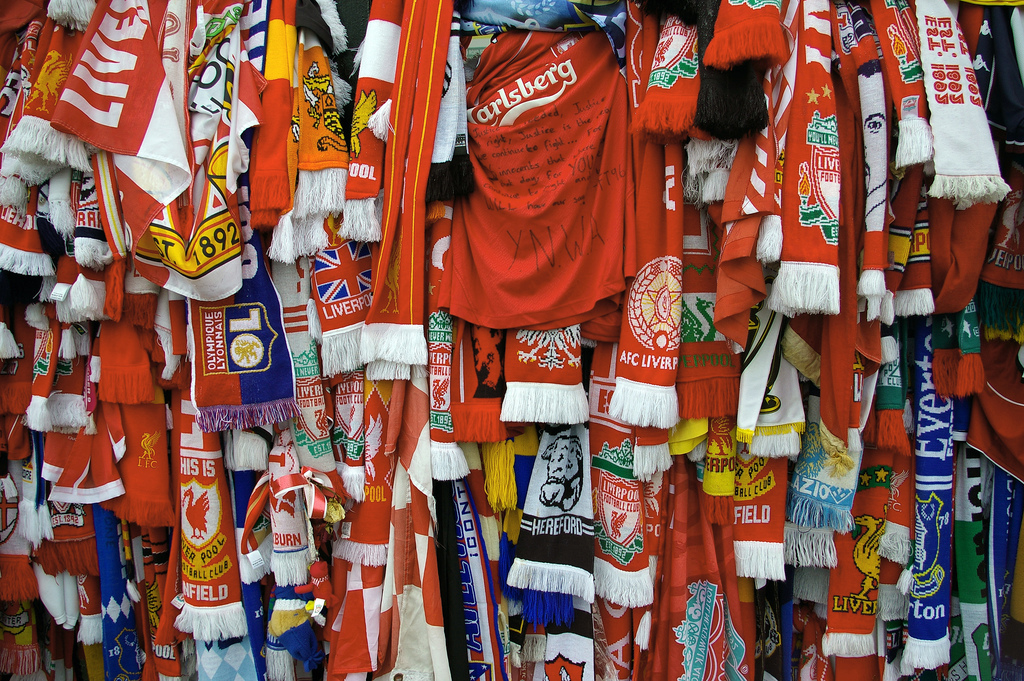Bereaved families should ‘an automatic right’ to public funding for legal representation in complex inquests such as the Hillsborough disaster, according to a new report from a cross-party group of MPs which has been called ‘a watershed moment’ by campaigners.
A new report published yesterday by the House of Commons’ Justice Committee found that some coroners were leaving families ‘unheard, frustrated and angry’ and has called for a charter of rights for the bereaved, an inspectorate to ensure consistent standards as well as the creation of a national coronial service.
Deborah Coles, director of INQUEST, called the Justice Committee report ‘a watershed moment’ in the long campaign to make the coronial system more accountable and that it was now time for ‘fundamental change’. The ‘light touch reforms and piecemeal gestures’ since 2009 have made ‘some improvements’ but they have run their course and, ultimately, come up short,’ Coles said.
Coles continued: ‘It is now for government to put the experiences of bereaved people at the front and centre, and ensure equality of arms, accountability and oversight, and candour. There can be no more false starts, broken commitments or shelved recommendations.’
The chair of the Justice committee, Sir Bob Neill, said that it was ‘the mark of a civilized society to show respect and sympathy for the deceased and their bereaved families’. He continued: ‘That respect and sympathy must be followed through with a robust way for us all to learn from tragic, sometimes unnecessary premature deaths…it is vital we now support the Chief Coroner further through the creation of a properly funded, empathetic and efficient National Coroner Service.’
- Listen to our interview with George Julian, the campaigner who live tweets inquests into the deaths of learning disabled and autistic people (here).
- ‘We don’t have a good understanding of the damage done to the bereaved families otherwise the process would be different,’ she tells Calum McCrae
MPs said that it was ‘unacceptable’ that bereaved families are not entitled to public funding and that they should not, in addition to the trauma of losing a loved one, have to meet complex legal requirements to get legal aid, when their opponents, who are the public authorities, are funded for by tax-payers. The inquiry heard from one person that the state agencies and police officers involved in her inquest case had barristers and members from the police federation, whilst she had a ‘fourth year law student’ who was ‘way out of [her] depth’.
The report said that by the October 2021, for all inquests where public authorities are represented, there should be non-means tested public funding for legal representation for bereaved families. It also highlighted the lack of information about families’ rights and the need to introduce an appeal system. Another important recommendation by the Committee was that the MOJ should united coroner services into a single, adequately funded national organisation in England and Wales.
Witnesses repeatedly told the Committee that the coronial service was ‘fragmented and under-resourced’. One expert described it as ‘ad hoc’ and ‘largely dependent on a grace and favour relationship’ with other public agencies.
The Committee heard from a bereaved parent, Andrew McCulloch, who said: ‘The Coroner arrived late and brusquely stated that he wanted no shouting in the court. He looked at [my wife] Amanda and I and aggressively said only one of us would be allowed to speak and only for two minutes. No mention of sorrow for our bereavement or concern for how we might be feeling.’
The Coroners Courts Support Service, volunteers who give emotional and other support to greiving families, said that there were coroners who ‘truly enable bereaved families to participate in the proceedings’. ‘However, some Coroners may make bereaved families feel unheard, frustrated and angry,’ it added.





